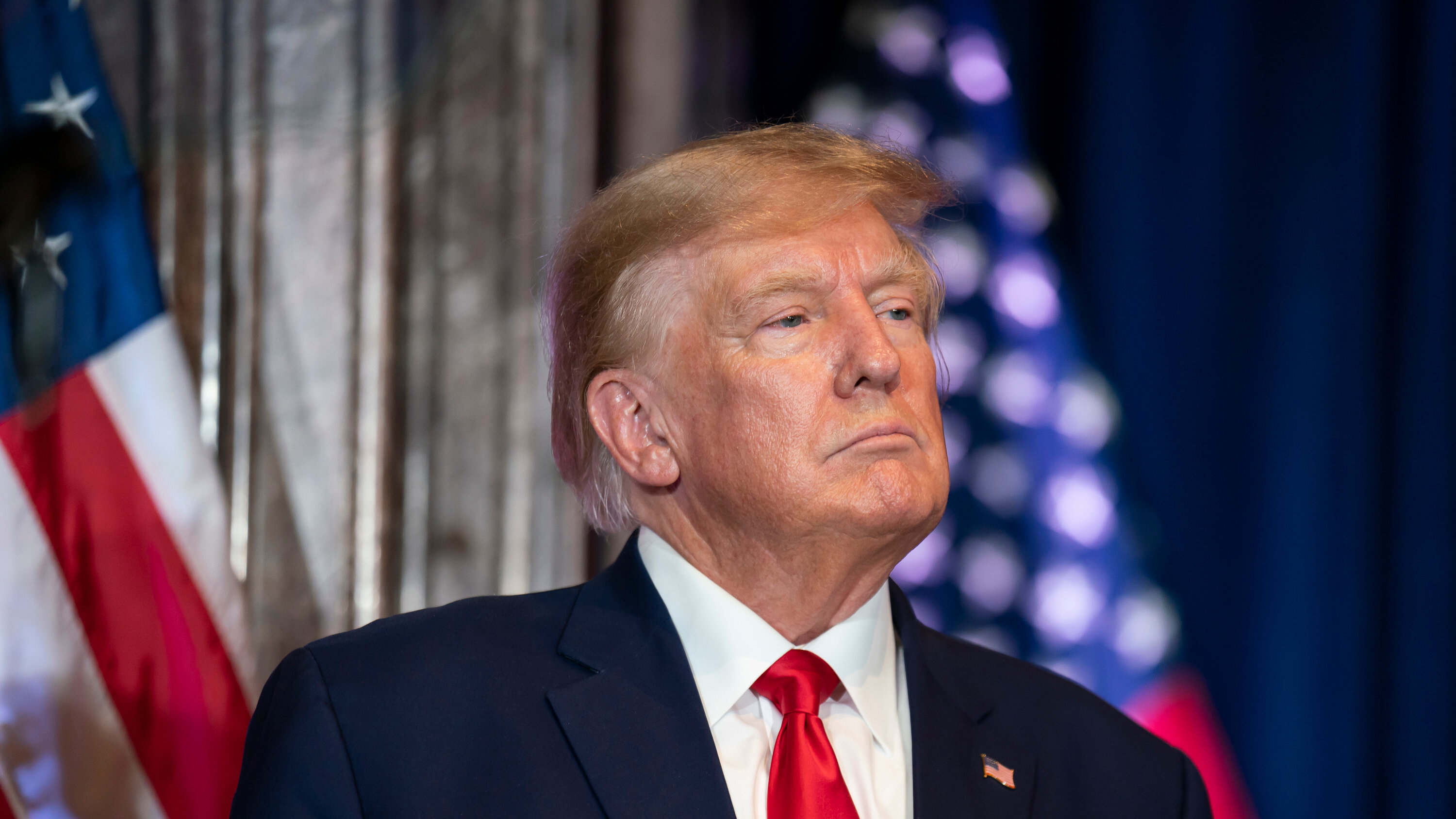When will Trump die? This question has sparked numerous discussions and debates among political enthusiasts and casual observers alike. With the controversial nature of Donald Trump's presidency and his continued presence in the political arena, speculations about his life span are not merely morbid curiosity but often reflect deeper societal anxieties. In this article, we will explore the various factors that contribute to these speculations, the implications of discussing such topics, and the importance of focusing on health and longevity rather than sensationalism.
The curiosity surrounding the lifespan of public figures, especially those as polarizing as Donald Trump, often stems from a mix of genuine concern and political rivalry. As a former president who remains a key figure in American politics, discussions about his health can evoke strong emotions. These emotions can range from concern for the well-being of a prominent leader to political opponents hoping for a shift in power dynamics.
In order to approach this sensitive topic with the seriousness it deserves, this article will delve into various aspects surrounding the question, "When will Trump die?" We will touch upon his health history, the societal implications of speculating about public figures' mortality, and the ethical considerations we must keep in mind as we engage with such discussions.
Table of Contents
- Biography of Donald Trump
- Health History of Donald Trump
- Speculations about Trump's Longevity
- The Media's Role in Speculating Death
- Public Reaction to Speculations
- Ethical Considerations in Discussing Mortality
- Conclusion
- References
Biography of Donald Trump
Donald John Trump was born on June 14, 1946, in Queens, New York City. He is a businessman, television personality, and politician who served as the 45th president of the United States from January 20, 2017, to January 20, 2021.
| Detail | Information |
|---|---|
| Full Name | Donald John Trump |
| Date of Birth | June 14, 1946 |
| Place of Birth | Queens, New York City |
| Political Party | Republican |
| Presidency | 2017 - 2021 |
| Spouse | Melania Trump |
Health History of Donald Trump
Donald Trump's health has been a topic of interest since his presidential campaign. In 2016, he underwent a physical examination, which resulted in a letter from his physician stating that he was "in excellent health." However, as he aged, concerns about his health resurfaced, especially during his presidency.
- Weight and Diet: Trump's weight has been a subject of scrutiny, often categorized as obese. His fast food diet and preference for high-calorie meals have raised concerns about his long-term health.
- COVID-19 Diagnosis: In October 2020, Trump tested positive for COVID-19, leading to hospitalization. This event highlighted the vulnerability of older adults to the virus.
- Mental Health: Speculations regarding Trump's mental health have circulated widely, including discussions about his behavior and decision-making processes during his presidency.
Speculations about Trump's Longevity
Speculating about a public figure's lifespan can often feel like a form of gossip, but it can also reflect broader concerns about leadership and stability. The question of "When will Trump die?" can be tied to various factors, including health, political climate, and public perception.
The Influence of Age
As of 2023, Donald Trump is in his late 70s, making him part of an age demographic that naturally faces increased health risks. According to the CDC, the average life expectancy for men in the United States is around 76 years, which adds a layer of urgency to discussions about his health.
Health Risks Associated with Lifestyle
Trump's lifestyle choices, such as his diet and exercise habits, may also contribute to discussions about his longevity. High blood pressure and cholesterol levels are common issues that can arise from an unhealthy lifestyle, potentially impacting lifespan.
The Media's Role in Speculating Death
The media plays a significant role in shaping public perceptions of public figures. Sensational headlines regarding Trump's health can incite fear, speculation, and even political maneuvering. This can create a feedback loop where the public's concerns are amplified by media coverage.
Public Reaction to Speculations
Public reactions to speculations about Trump's death can range from concern to outright glee, depending on individual political affiliations. This polarized response illustrates the deep divisions in contemporary American society.
- Supporters: Many of Trump's supporters express concern for his health, viewing him as a crucial figure in their political landscape.
- Opponents: On the other hand, many opponents may find humor or satisfaction in the discourse surrounding his mortality, often using it as a means of political commentary.
Ethical Considerations in Discussing Mortality
Discussing the mortality of public figures raises ethical questions. It is crucial to approach this topic with sensitivity, understanding that behind every public persona is a human being with loved ones and a life beyond politics.
- Respect for Privacy: Public figures deserve a degree of privacy, especially concerning their health and personal matters.
- Impact on Mental Health: Speculating about someone's death can also impact the mental health of their family and supporters, creating unnecessary stress and anxiety.
Conclusion
In summary, the question of "When will Trump die?" may intrigue many, but it ultimately reflects broader societal concerns about health, leadership, and the future of politics. It is essential to approach such discussions with empathy and respect, recognizing the human behind the public figure. Engaging in constructive dialogue about health and longevity is far more beneficial than indulging in sensationalist speculation.
We encourage readers to share their thoughts and perspectives on this topic in the comments below. Let's foster a respectful conversation about health, politics, and the implications of public speculation.
References
For further reading and reliable information, please refer to the following sources:
- Centers for Disease Control and Prevention (CDC)
- NBC News - Health and Politics
- Healthline - Health Risks and Tips



